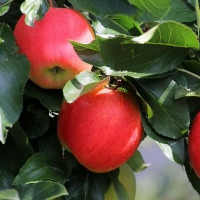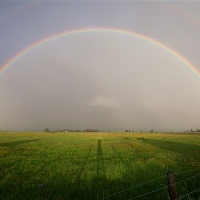Undergraduate students are not allowed to take the postgraduate entrance examination in advance. The length of schooling is four years. They should take the senior examination, which means they can take the examination as fresh graduates. However, they can prepare in advance. If they are interdisciplinary, it is the most difficult. It is best to prepare from the second semester of their sophomore year; It is less difficult to cross schools and not cross majors, and it is also possible to prepare for the first semester of junior year; If you don't cross schools and majors, you will begin to prepare for the next semester of your junior year.
Preparation for postgraduate entrance examination:
(1) You should determine the school and major you want to take in the winter vacation of the first semester of your junior year. The determination criteria include: self strength, professional strength, distance from home, tuition price, etc.
(2) After determining the school, you should look up the relevant strategies and the school's exam syllabus over the years, such as exam subjects, what materials need to be used, review suggestions, etc.
(3) After knowing the subjects to be examined, buy the textbooks and teaching aids you need according to your needs, and prepare a certain number of notebooks and draft papers.
(4) Make a scientific and effective plan. The plan must be reasonable and suitable for yourself. Time does not need to be arranged slowly, but you must ensure your efficiency in practice.










